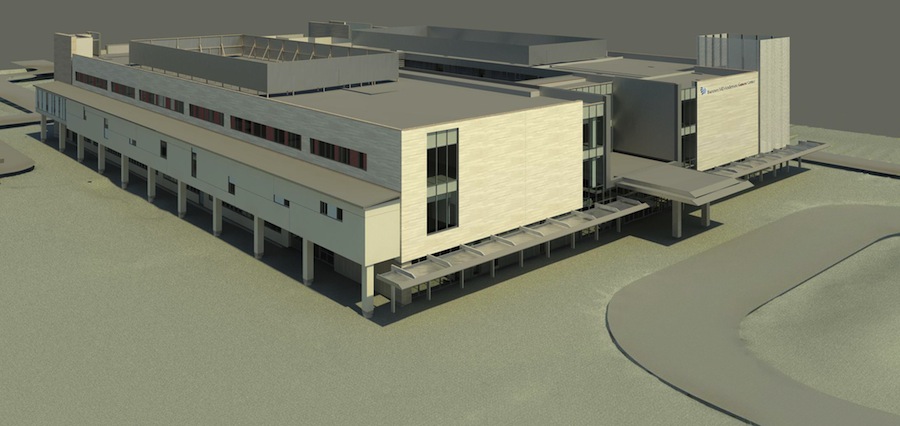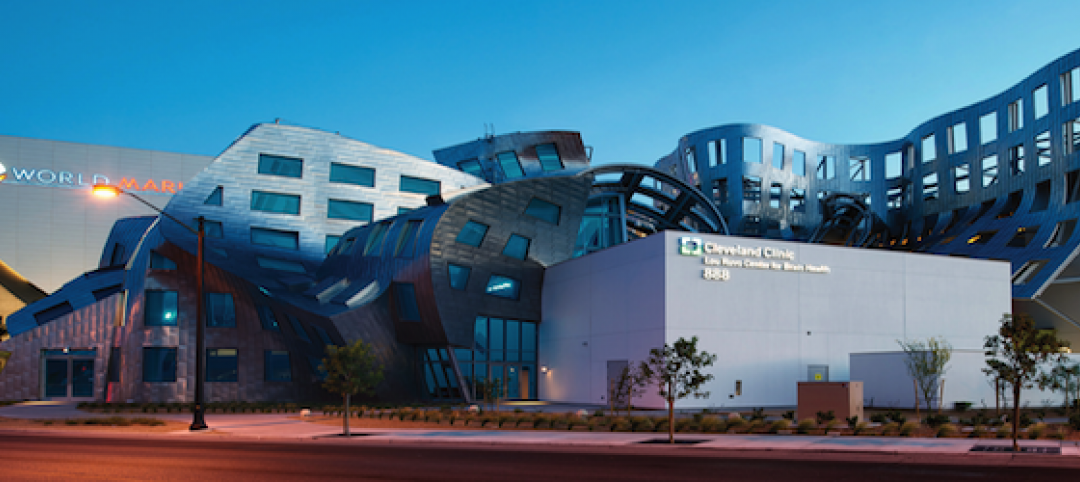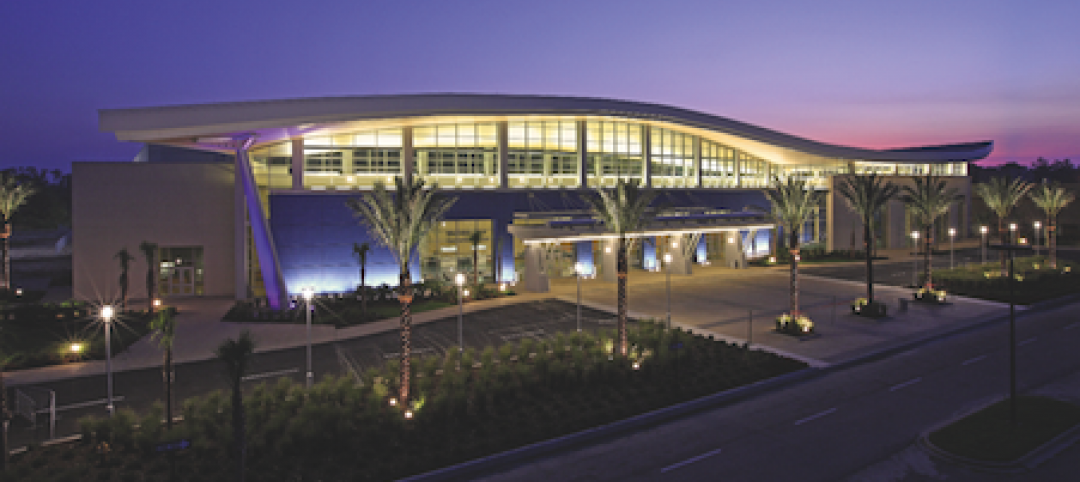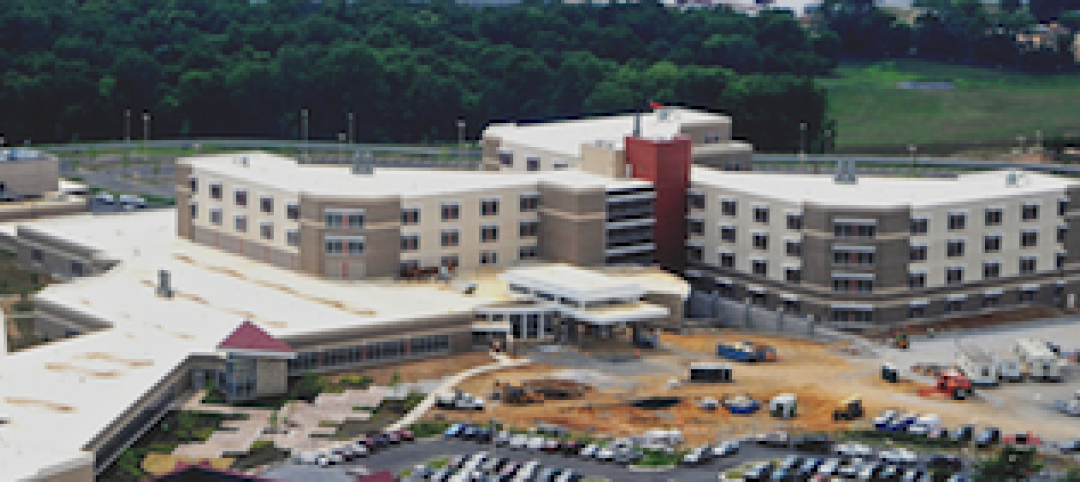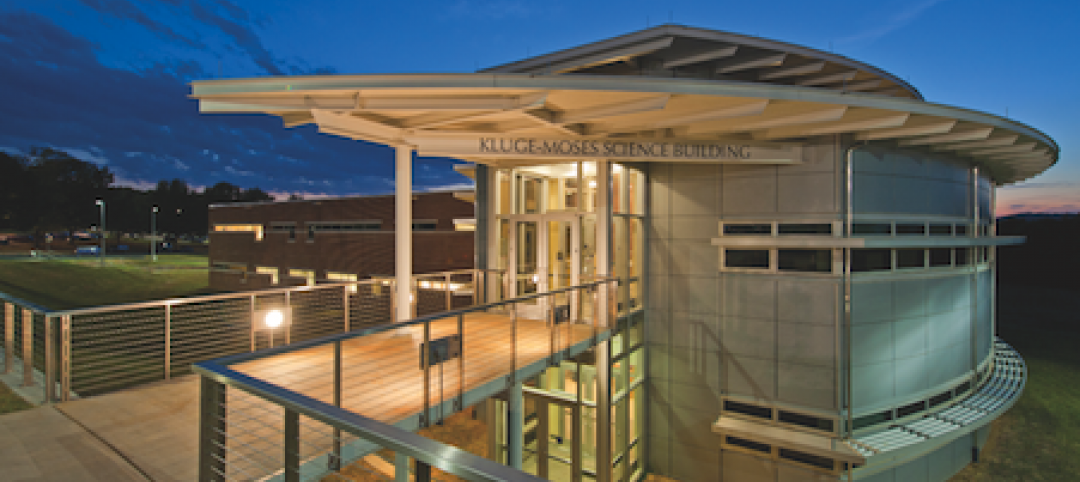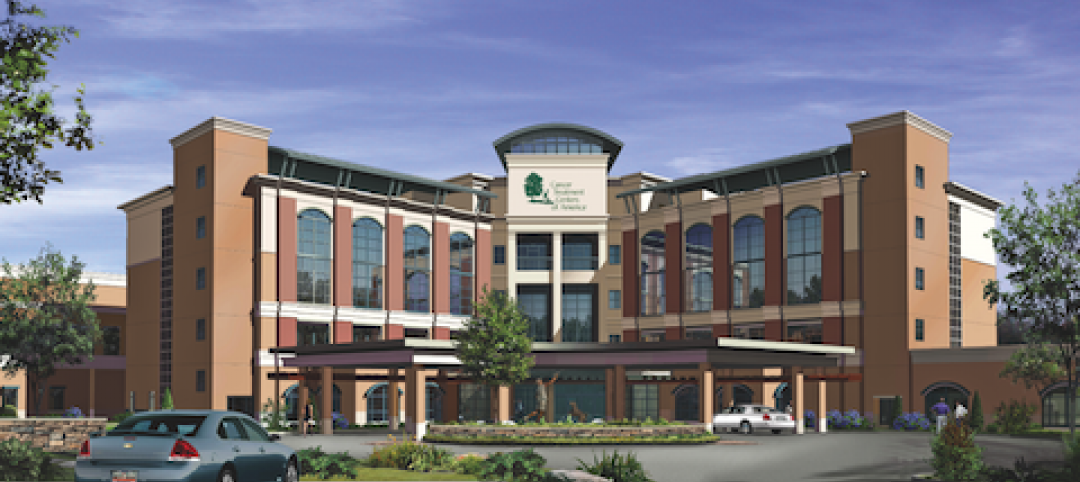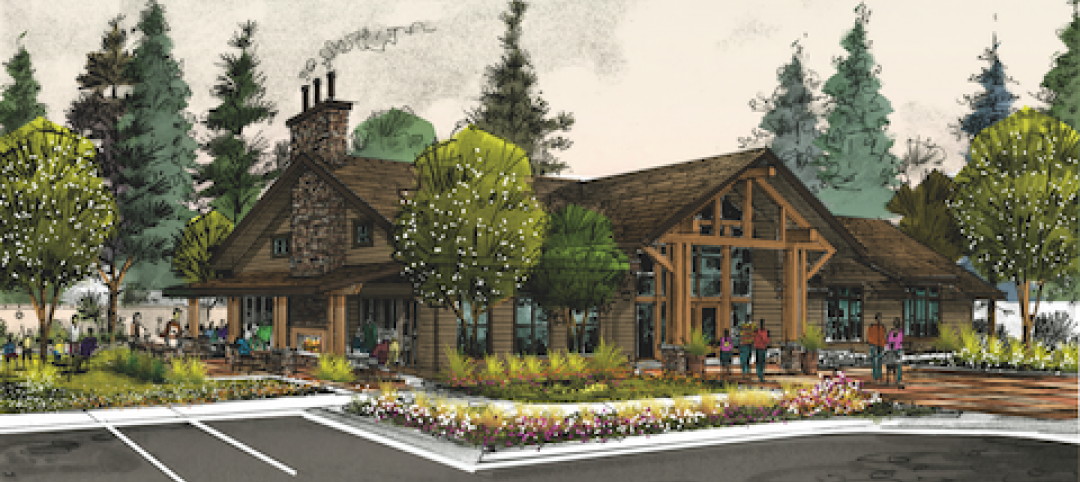Background
HKS, one of the top architectural firms practicing worldwide, specializes in healthcare, education, sports and hospitality design. The firm recently completed the design of phase two of the Banner Health MD Anderson Health Center in Gilbert, Arizona. This three-story, 110,000-square-foot facility provides additional space on the Banner Gateway Medical Center’s campus, which offers state-of-the-art, comprehensive cancer care. Banner Health selected HKS not only for their extensive experience in healthcare design, but also to work collaboratively with all project partners to digitize communication and deliver the facility using IPD.
Challenge
In order to meet the Owner’s IPD goals, HKS needed to digitize and streamline the flow of information to all team members. In the past, the firm had used a combination of solutions to electronically share and review drawings. However, the project’s General Contractor, DPR Construction, suggested the team use Bluebeam Studio throughout design, bid and build. Studio is the online collaboration feature of Revu, a PDF-based markup and collaboration solution that enables users to review large format drawings, redline them with customizable markups, track feedback and collaborate on PDFs with others in real time. Since HKS had already been using Revu’s PDF markup capabilities on other projects for over a year, it made sense to use Studio to host document-based collaboration sessions to foster greater collaboration among the entire project team.
Using Revu for IPD
Though HKS was no stranger to technology, using Revu enabled the firm to improve their workflows in several ways. Revu’s PDF markup technology, which includes customizable annotations such as text, highlights, pen marks, callouts, clouds, CAD symbols and measurements, took electronic commenting to the next level. In addition to providing the team with the ability to redline PDFs, Revu’s exclusive Tool Chest allowed users to save custom markups and easily standardize markup types, fonts and colors. The Markups list, which tracks every comment placed on the PDF, also enabled HKS to keep tabs on who made comments and when, and provided a simple interface for replying to comments.
Additionally, Revu enabled HKS to promote collaboration between multiple parties. By using Bluebeam Studio, HKS held online collaboration sessions with consultants, the GC and Owner. Through Studio Sessions, the team reviewed and redlined a single copy of the same PDF, which was hosted online. Everyone could see each other’s markups, but nobody could change anyone’s comments but their own. The timing of these collaboration sessions was flexible – sometimes the team members met together in real time despite their remote locations, and other times they logged in separately. “On previous projects that didn’t use Revu or Bluebeam Studio, we would have to send multiple versions of drawings from each person and filter through repetitive comments,” said Deva Powell, AIA, LEED AP, Project Architect at HKS. “Studio let everyone view and respond to each other’s comments so it was easy to see who needed to complete a task.”
Results
Using Revu and Bluebeam Studio for IPD was a huge success for HKS and its project partners. In addition to enabling real-time, document-based meetings, Revu eliminated significant paper waste. All project submittals were electronic, and since the Town of Gilbert, Arizona also uses Revu for electronic plan check, the team was able to digitally submit plans for approval.
Compared to solutions that HKS had used in the past for electronic communication, Revu proved to be much more efficient. “The combination of Revu and Bluebeam Studio helped HKS significantly improve the clarity and speed of project communication for the Banner Health MD Anderson Health Center Project, and reduce our printing and shipping costs,” added John Niziolek, AIA, LEED AP, Senior Vice President and Associate Principal at HKS. “We have already begun using Revu on other projects, and our clients are amazed at how quickly we can document items and send updates.”
To learn more about Revu or download a free 30-day trial, please visit us here.
Related Stories
| Oct 13, 2010
Hospital tower gets modern makeover
The Wellmont Holston Valley Medical Center in Kingsport, Tenn., expanded its D unit, a project that includes a 243,443-sf addition with a 12-room operating suite, a 36-bed intensive care unit, and an enlarged emergency department.
| Oct 13, 2010
Modern office design accentuates skyline views
Intercontinental|Exchange, a Chicago-based financial firm, hired design/engineering firm Epstein to create a modern, new 31st-floor headquarters.
| Oct 13, 2010
Hospital and clinic join for better patient care
Designed by HGA Architects and Engineers, the two-story Owatonna (Minn.) Hospital, owned by Allina Hospitals and Clinics, connects to a newly expanded clinic owned by Mayo Health System to create a single facility for inpatient and outpatient care.
| Oct 13, 2010
Biloxi’s convention center bigger, better after Katrina
The Mississippi Coast Coliseum and Convention Center in Biloxi is once again open for business following a renovation and expansion necessitated by Hurricane Katrina.
| Oct 13, 2010
Tower commemorates Lewis & Clark’s historic expedition
The $4.8 million Lewis and Clark Confluence Tower in Hartford, Ill., commemorates explorers Meriwether Lewis and William Clark at the point where their trek to the Pacific Ocean began—the confluence of the Mississippi and Missouri Rivers.
| Oct 13, 2010
Maryland replacement hospital expands care, changes name
The new $120 million Meritus Regional Medical Center in Hagerstown, Md., has 267 beds, 17 operating rooms with high-resolution video screens, a special care level II nursery, and an emergency room with 53 treatment rooms, two trauma rooms, and two cardiac rooms.
| Oct 13, 2010
Campus building gives students a taste of the business world
William R. Hough Hall is the new home of the Warrington College of Business Administration at the University of Florida in Gainesville. The $17.6 million, 70,000-sf building gives students access to the latest technology, including a lab that simulates the stock exchange.
| Oct 13, 2010
Science building supports enrollment increases
The new Kluge-Moses Science Building at Piedmont Virginia Community College, in Charlottesville, is part of a campus update designed and managed by the Lukmire Partnership. The 34,000-sf building is designed to be both a focal point of the college and a recruitment mechanism to get more students enrolling in healthcare programs.
| Oct 13, 2010
Cancer hospital plans fifth treatment center
Construction is set to start in December on the new Cancer Treatment Centers of America’s $55 million hospital in Newnan, Ga. The 225,000-sf facility will have 25 universal inpatient beds, two linear accelerator vaults, an HDR/Brachy therapy vault, and a radiology and imaging unit.
| Oct 13, 2010
Apartment complex will offer affordable green housing
Urban Housing Communities, KTGY Group, and the City of Big Bear Lake (Calif.) Improvement Agency are collaborating on The Crossings at Big Bear Lake, the first apartment complex in the city to offer residents affordable, eco-friendly homes. KTGY designed 28 two-bedroom, two-story townhomes and 14 three-bedroom, single-story flats, averaging 1,100 sf each.


